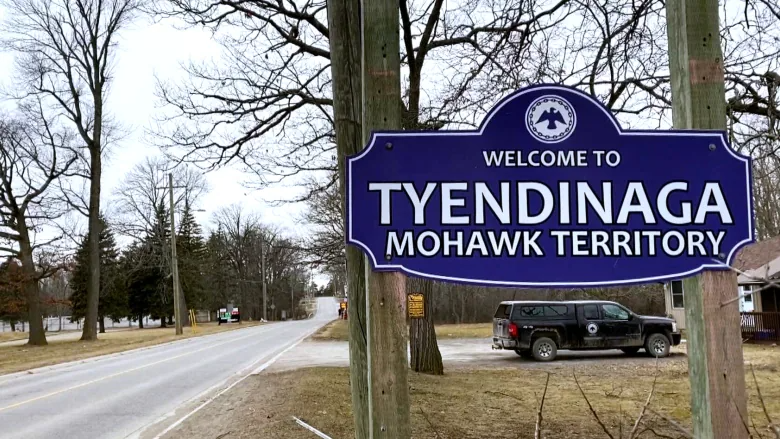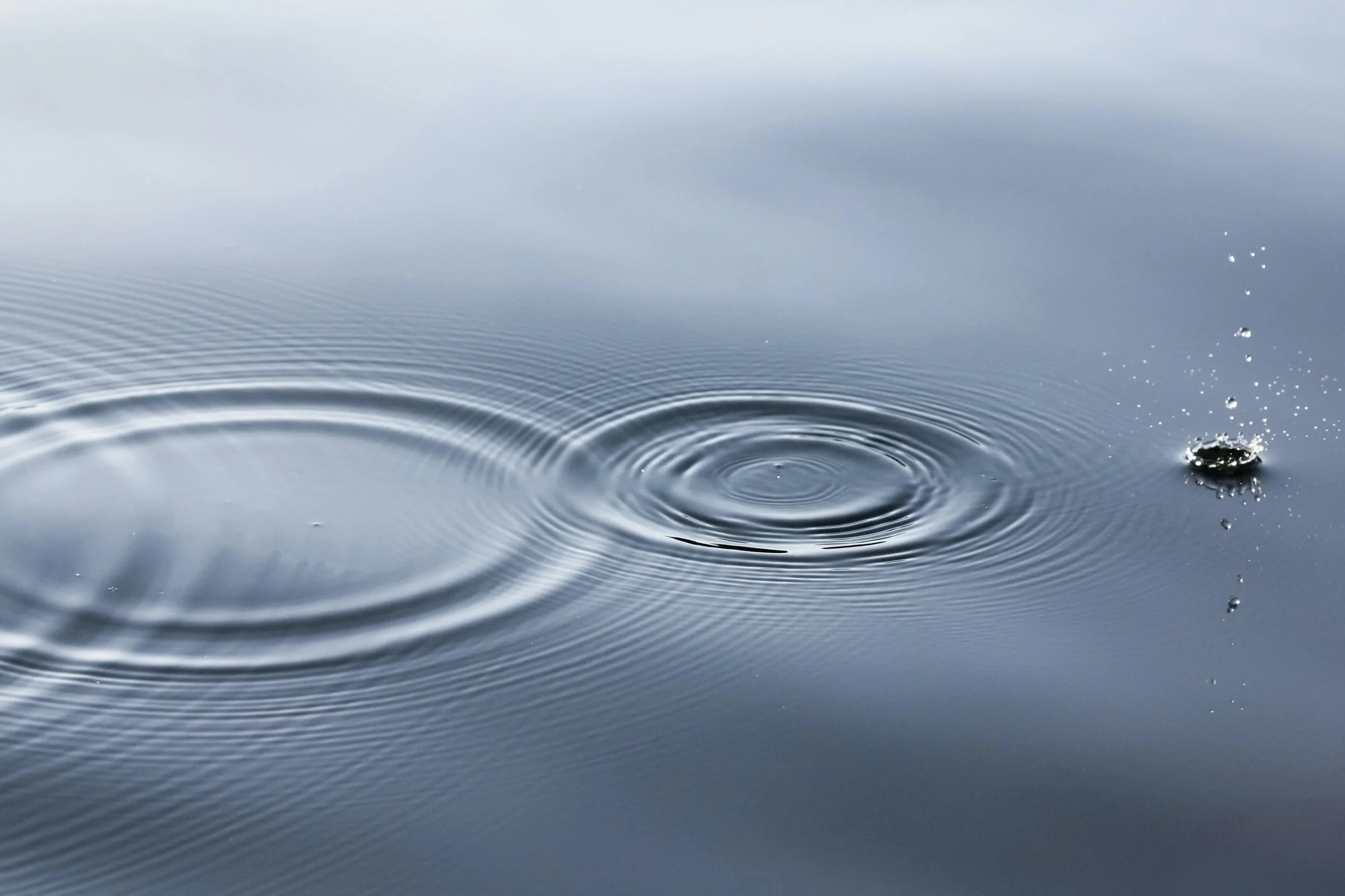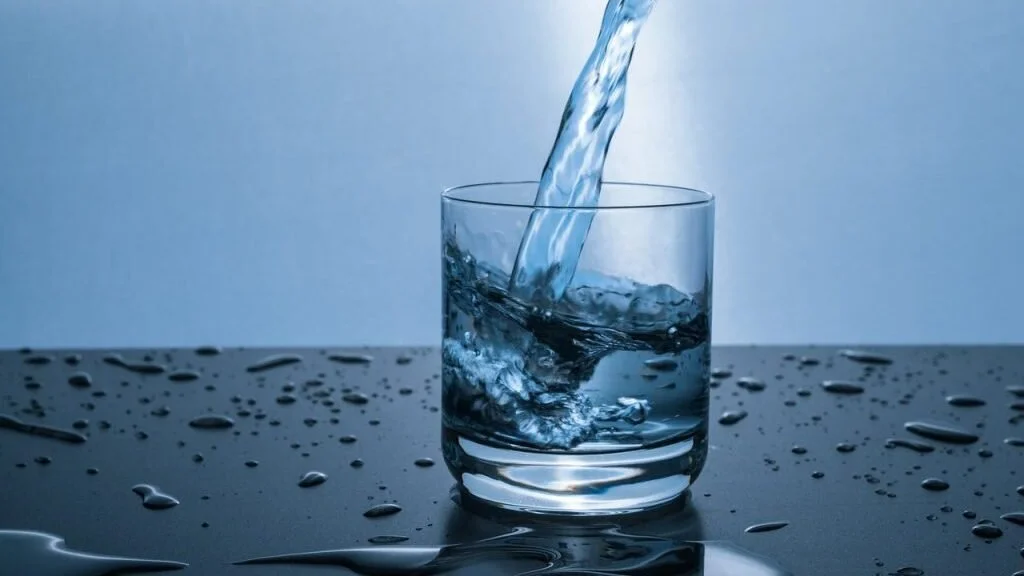A reserve in central Manitoba has access to clean drinking water after what the community says was almost two decades of trucking it in. On Oct. 29 this year, Nibi Envirotech finished installing a water filtration system, giving residents of Tootinaowaziibeeng Treaty Reserve — also known as Valley River First Nation — access to potable water.
First Nations, individuals now have until March 7 to claim compensation for water advisories
In 2021, Federal Court approved a class-action settlement between Canada and several First Nations that were subject to long-term drinking water advisories from 1995 to 2021. Now, settlement negotiators have extended the deadline for First Nations to submit a claim until March 7. If the Band Council Acceptance Resolution that a First Nation files with the settlement administrator is accepted, it will receive a $500,000 base payment and be eligible for additional payments of up to 50% of the amounts paid to eligible individuals in the community.
Water as a divine gift, and justice issue
Amos 5:24 states “But let justice roll down like waters, and righteousness like an ever-flowing stream.” Beyond being used as a metaphor, water itself is a justice issue. Two billion people in the world lack access to safe drinking water at home. At the 11th Assembly of the World Council of Churches (WCC), the Rev. Elias Wolff, from Brazil, talks about the situation in his own country. “Brazil has 12% of the world’s fresh water, and 53% of the fresh water of Latin America. But 35 million people in Brazil have no access to fresh water, and 100 million lack access to sanitation infrastructure.”
Water advisories put in place for 6 Saskatchewan areas
A number of drinking water advisories have been put in place throughout parts of Saskatchewan. At least six separate warnings have been issued as of Sunday afternoon, impacting the communities of Elbow, Srongfield, Loreburn, Danielson Provincial Park, Douglas Provincial Park and Pleasantdale. The province has told residents to boil water for at least one minute prior to any usage, including drinking, baking purposes, washing of fruits and vegetables and brushing teeth.
‘Disrespected, violated, contaminated’: Researcher says safe drinking water shouldn’t fall solely on the backs of Indigenous peoples
Water is life. Don’t mess with it. That’s the message from one Indigenous cultural anthropologist and water researcher: nothing can live without water, yet we’re destroying it at a rapid pace. In 2015, the federal government campaigned to end all long-term drinking water advisories in First Nations communities by 2020. Two years after that promised date, water advisories are still present in 94 First Nations communities, with Neskantaga First Nation, an Ojibwe community more than 430 kilometres northeast of Thunder Bay, Ont., surpassing 10,000 days under a boil water advisory this week.
This First Nation was on water advisories for 24 years. Now, its treatment plant has won an award
A northwestern Ontario First Nation that was under a boil-water advisory for 24 years has received this year's award for building the province's best small drinking water system. The Ontario Public Works Association presented the 2022 Public Works Project of the Year for Small Municipalities and First Nations award to Shoal Lake #40 First Nation, at a ceremony in Mississauga, Ont., Tuesday. The award recognizes the new Shoal Lake #40 water treatment plant as having uniquely provided opportunities for local procurement and employment.
Engineering Panel Explores Solutions for Indigenous Communities Struggling to Access Clean Water
Clean, safe water is critical to human health, food production and more, yet access to this cherished resource remains a challenge for many Indigenous communities in Canada. Water advisories continue to be a common occurrence for these communities and an all-too-regular reminder of the different standards that exist in the country for public infrastructure. “More often than not, boil-water advisories are put on due to a lack of confidence in the system. Frequently, short-term ones are because there was a break in the line, the line depressurized and some contaminates may have been introduced into the distribution system,” explains Ryan Dunbar, president of SOAR Professional Services, a consulting firm focused on Indigenous employment and community development. The company was launched as a limited partnership with Dillon Consulting Limited.
After 14 years, boil water advisory lifted for most in Tyendinaga Mohawk Territory
For the past 14 years, Andrew Brant and many others on Tyendinaga Mohawk Territory have had to haul all their water to their homes one jug at a time. His arms, and those of most fellow residents, will get a well-deserved break as the southeastern Ontario First Nation west of Kingston lifted five long-term water advisories on March 28 as they expanded connections to a new water treatment plant. The advisories had been in place since 2008.
System upgrades end five water advisories on Tyendinaga reserve
Five long-term drinking-water advisories on the Tyendinaga Mohawk Territory have ended after more properties were connected to the reserve’s water-distribution system. Officials with Indigenous Services Canada and the Mohawks of the Bay of Quinte band announced the changes Monday night in a news release. “I’m very, very happy to see our community members getting safe drinking water,” Mohawk Chief R. Donald Maracle said Tuesday in a telephone interview from the band office. The advisories had been in effect since 2008. They applied to the public water systems in the Tyendinaga Mohawk Airport area, the AC Miracle Apartments, the MBQ Trailer Park, and the semi-public systems of the MBQ Bayview Variety Apartments, about 20 public and semi-public buildings.
Nunavut sees 5-year high for water advisories in 2021
Nunavut communities have seen a five-year high of water advisories in 2021, without counting Iqaluit’s ongoing water emergency. As of Friday, about a month before the year’s end, 14 water advisories had been issued in seven communities outside of the capital city this year, more than tripling the four advisories issued in 2017. Nunavut’s MP Lori Idlout spoke about the lack of clean water in Indigenous communities across Canada on Thursday. “We Indigenous people can no longer be discounted or written off in hopes that we disappear,” she said in Inuktitut in the House of Commons. “I know I have to keep repeating ‘clean water for all indigenous communities,'” Idlout said. “This is not the first time and I will repeat it again.”
After 24 years of water advisories, Shoal Lake 40 First Nation can drink from the tap
After more than two decades without clean drinking water, Shoal Lake 40 First Nation on the Ontario-Manitoba border is celebrating the opening of a water treatment facility and the end of water advisories for the community. Despite drawing water from the same source as the City of Winnipeg, Shoal Lake 40 has never had a centralized water treatment facility. Construction of the new $33-million water treatment facility and system started in 2019.
Saskatchewan First Nations respond to Ottawa delay for water advisory deadline
The Federation of Sovereign Indigenous Nations (FSIN) is frustrated after hearing the federal government is delaying its plan to remove all long-term water advisories in First Nations communities. It comes after a report to a House of Commons committee noted that the government’s initial target of 2021 wasn’t feasible and are pushing that deadline back to 2026 while offering communities temporary measures to ensure tap water is safe to drink.
AG says Canada is still failing to provide clean drinking water for all First Nations
While the federal Liberal government vowed in its 2015 election campaign to end water advisories in Indigenous communities by the end of March 2021, a recent report from the auditor general says they haven’t taken action to make this happen. Auditor General Karen Hogan says 100 water advisories have been lifted since the Liberals came to power, but 60 remain across 41 communities.
Feds didn't supply enough resources to end water advisories on First Nations: auditor
“We are very concerned, and honestly, disheartened that this long-standing issue is still not resolved,” Horgan told a news conference in Ottawa. Indigenous Services Canada won’t meet its commitment to eliminate all long-term drinking water advisories by the end of March, something the government admitted late last fall. Hogan also noted the government has not created a regulatory regime for managing drinking water in First Nations communities. “Access to safe drinking water is a basic human necessity,” she said. “I don’t believe anyone would say that this is in any way an acceptable situation in Canada in 2021.”
Clean water for First Nations critical during the COVID-19 pandemic: Activists
Activists in northeastern Ontario fighting for safe, clean water in First Nations communities across Canada are getting tired of broken promises. After five years and millions in spending, the Liberal government announced in early December that it would not fulfill its commitment to end all long-term water advisories on reserves by March 2021. Although some progress has been made – 97 advisories have been lifted since November 2015 – there’s still a long way to go. There are 59 active long-term water advisories in 41 communities across the country, and activists maintain that clean water should be a priority for the federal government, especially during a global pandemic. “Water is a basic human right, and nobody should have to beg for it. This is wrong, and it’s come to the point where I think it comes down to racism,” said Autumn Peltier, a teenage water-rights activist from Wiikwemkoong Unceded Territory on Manitoulin Island.
Ottawa to probe contractors hired to fix longest-standing boil water advisory
Indigenous Services Minister Marc Miller is preparing to launch a third-party investigation into the business practices of consultants and engineering companies hired to end Canada's longest-standing boil water advisory — a probe that could extend to other communities, CBC News has learned. "The problem is we have a system for delivering infrastructure that always goes with the lowest bidder," Angus said. "When you have a big-ticket item, like a water plant that's very expensive to build in a community, costs and corners get cut and that's the danger. Neskantaga has been a nightmare situation."
61 Indigenous Communities in Canada Still Need to Boil Water for Safety
Canada is one of the wealthiest and most water-rich countries in the world. Yet many of its First Nations communities continue to lack safe drinking water — a basic human right. As of February, 61 Indigenous reserves were under long-term drinking water advisories, half of which remain unresolved after more than a decade. These water advisories warn people to either boil water before use, not to consume it, or avoid it altogether because of toxicity levels.
'Inertia and incompetence': Manitoba First Nation launches proposed class action over water advisories
A legal challenge filed in Manitoba's Court of Queen's Bench could cost the federal government billions, if it is proven the government has violated the Charter rights of a large class of First Nations people for decades by failing to provide them with safe drinking water. A proposed class-action lawsuit was filed on Nov. 20 by Tataskweyak Cree Nation Chief Doreen Spence on her own behalf and on behalf of her northern Manitoba First Nation. The suit alleges the First Nation has spent decades without access to clean drinking water and seeks damages.



















